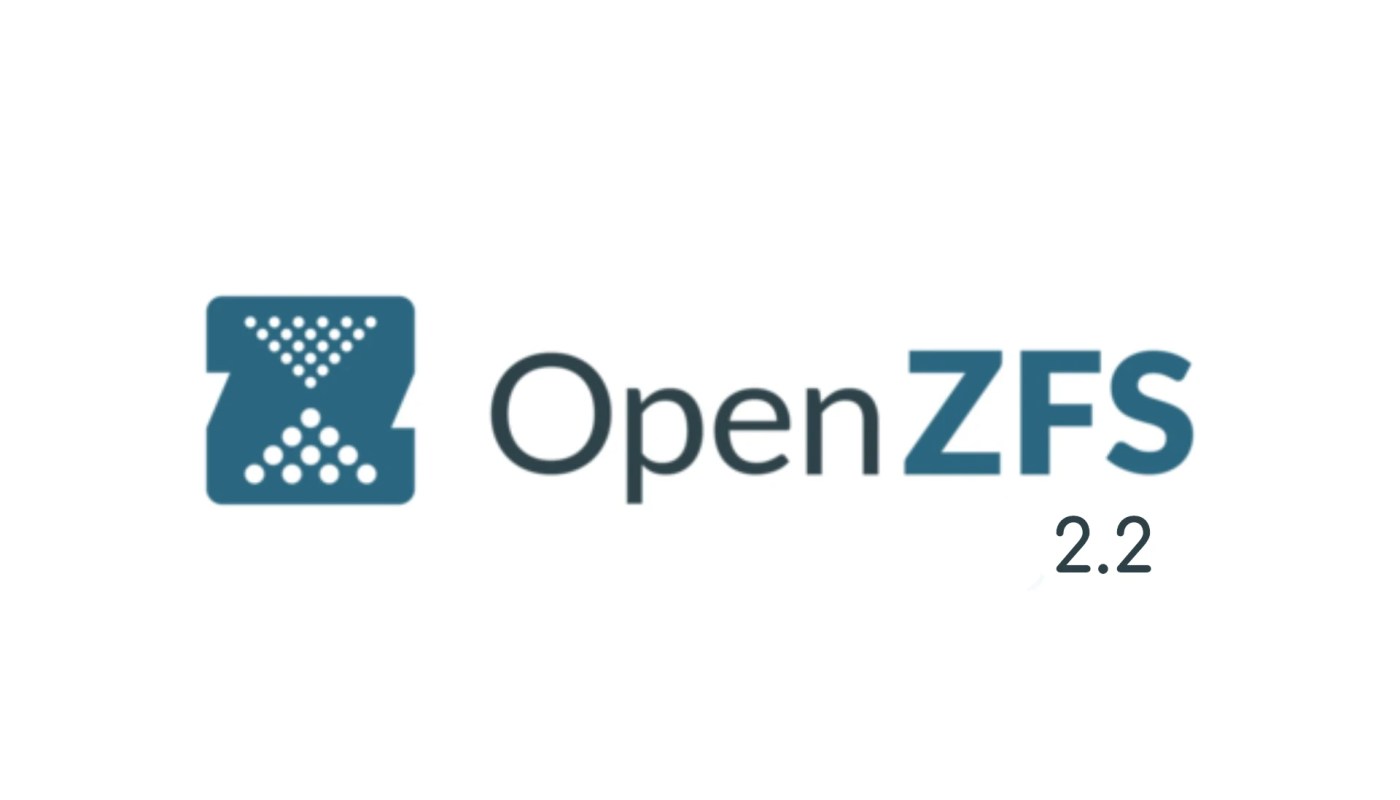OpenZFS 2.2 advanced file system and volume manager has been released today with support for the latest Linux kernel series, as well as various new features and many improvements.
The biggest news in OpenZFS 2.2 is that it supports the latest and greatest Linux 6.5 kernel series, which is already used by many popular GNU/Linux distributions by default, including the recently released Ubuntu 23.10. OpenZFS currently supports Linux kernels from version 3.10 to 6.5.
OpenZFS 2.2 also introduces several new features, including block cloning, a feature that allows a file or parts of a file to be cloned, creating a shallow copy where the existing data blocks are referenced rather than copied.
This release also adds support for Linux-specific container interfaces, such as renameat(2), support for OverlayFS, support for idmapped mounts in a user namespace, as well as namespace delegation support for containers.
The new OpenZFS also adds the zpool status command to allow reporting of all filesystems, snapshots, and clones affected by a shared corrupt block. The devs explain that the zpool scrub -e command can be used by users to scrub only the known damaged blocks in the error log for performing a fast, targeted repair.
On top of that, OpenZFS 2.2 introduces Vdev properties to provide observability of individual vdevs in a programmatic way, Vdev and zpool user properties to allow users to set custom properties on vdevs and zpools, and adds a new type of zfs receive that can be used to heal corrupted data in filesystems, snapshots, and clones.
Another interesting new feature is support for BLAKE3 checksums, a modern cryptographic hash algorithm focused on high performance. According to the devs, BLAKE3 is much faster than SHA256 and SHA512, and can be up to three times faster than Edon-R.
Some performance improvements are present as well in this release, including fully adaptive ARC to relax the artificial limits imposed by the MRU/MFU distribution and data/metadata distinction, optimized SHA2 checksum that now uses hardware acceleration, as well as revamped Edon-R checksums that are now faster.
Last but not least, OpenZFS 2.2 adds a new ZSTD early abort feature to allow data that can’t be compressed to be detected faster when using the ZSTD compression algorithm. I/O prefetching has been improved as well and there are also numerous other performance improvements throughout.
You can download OpenZFS 2.2 right now from the project’s GitHub page, which requires you to compile it from sources. If that’s not your cup of tea, you need to wait for the new OpenZFS version to arrive in the stable software repositories of your favorite GNU/Linux distribution.
Last updated 7 months ago

